Chirra Watta, sometimes shortened to simply Watta, is the most common cultural musical instrument and genre in Tigrai. It’s also frequented in some parts of Eritrea. It combines the cultural musical instrument locally known as Watta and a player/singer’s beating skills, holding it on the chest. It’s played by one person who is also the singer. It has some similarities with Ribab of Morocco and with small variations and modes of playing, some countries have similar instruments.
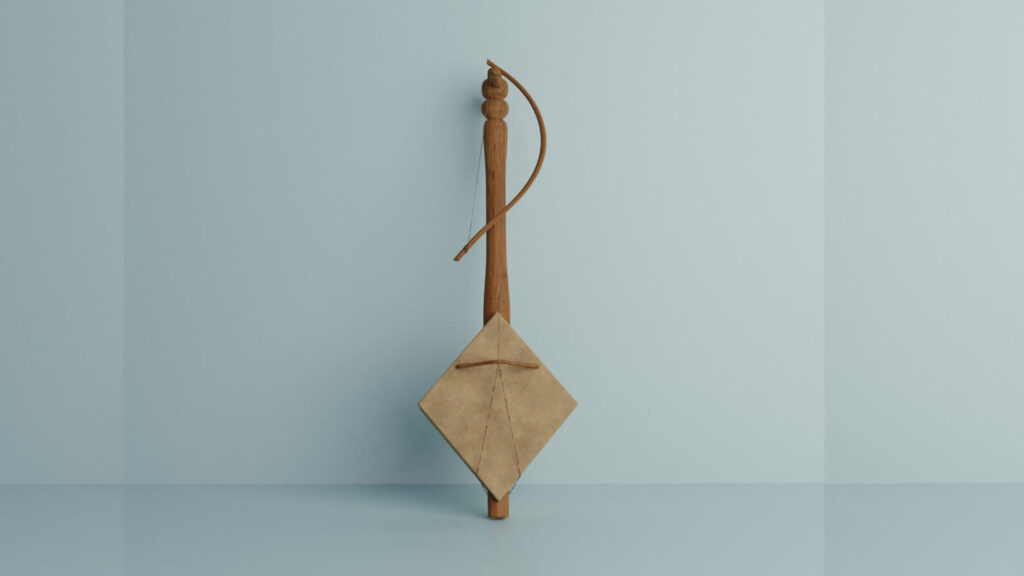
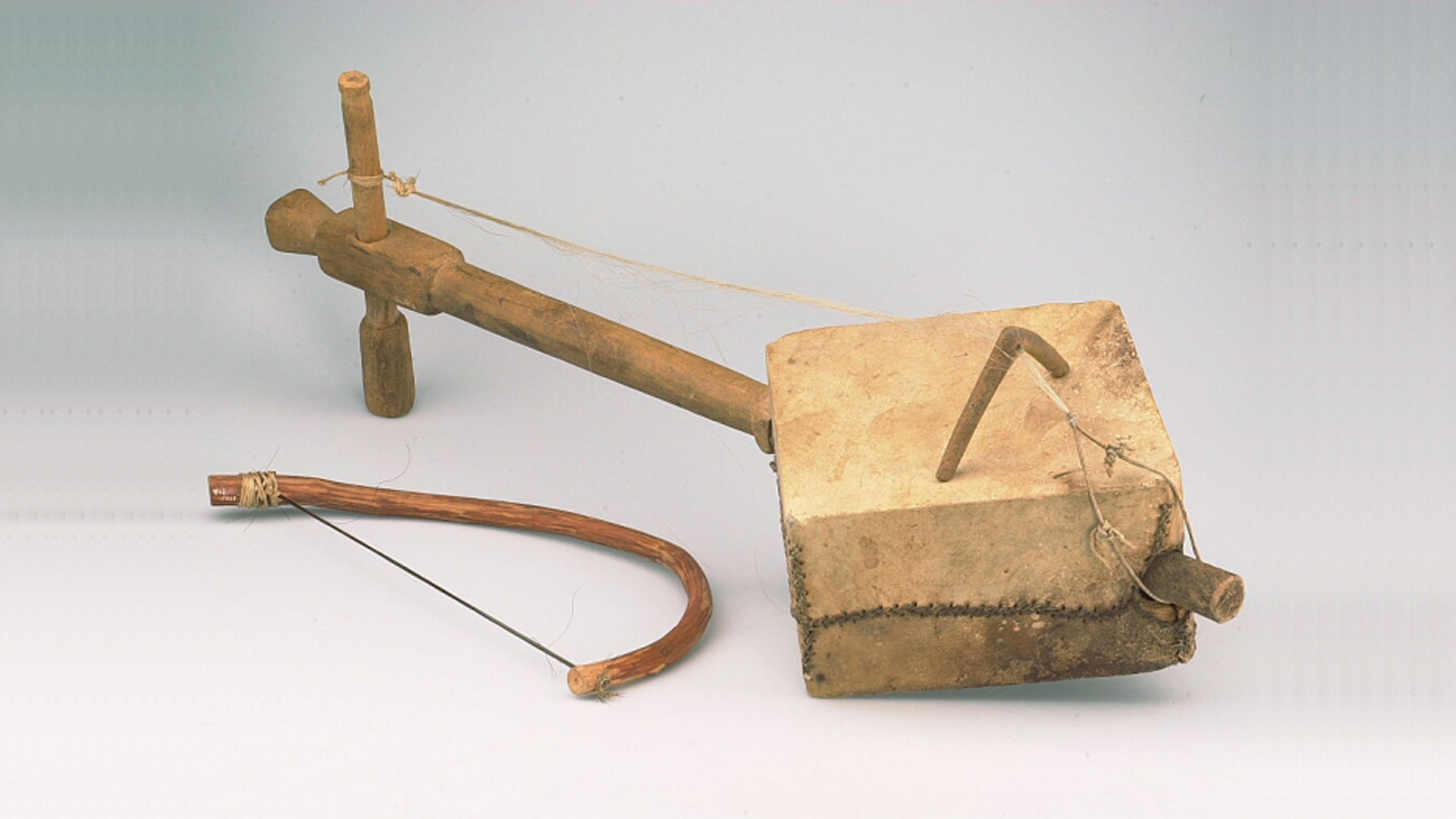
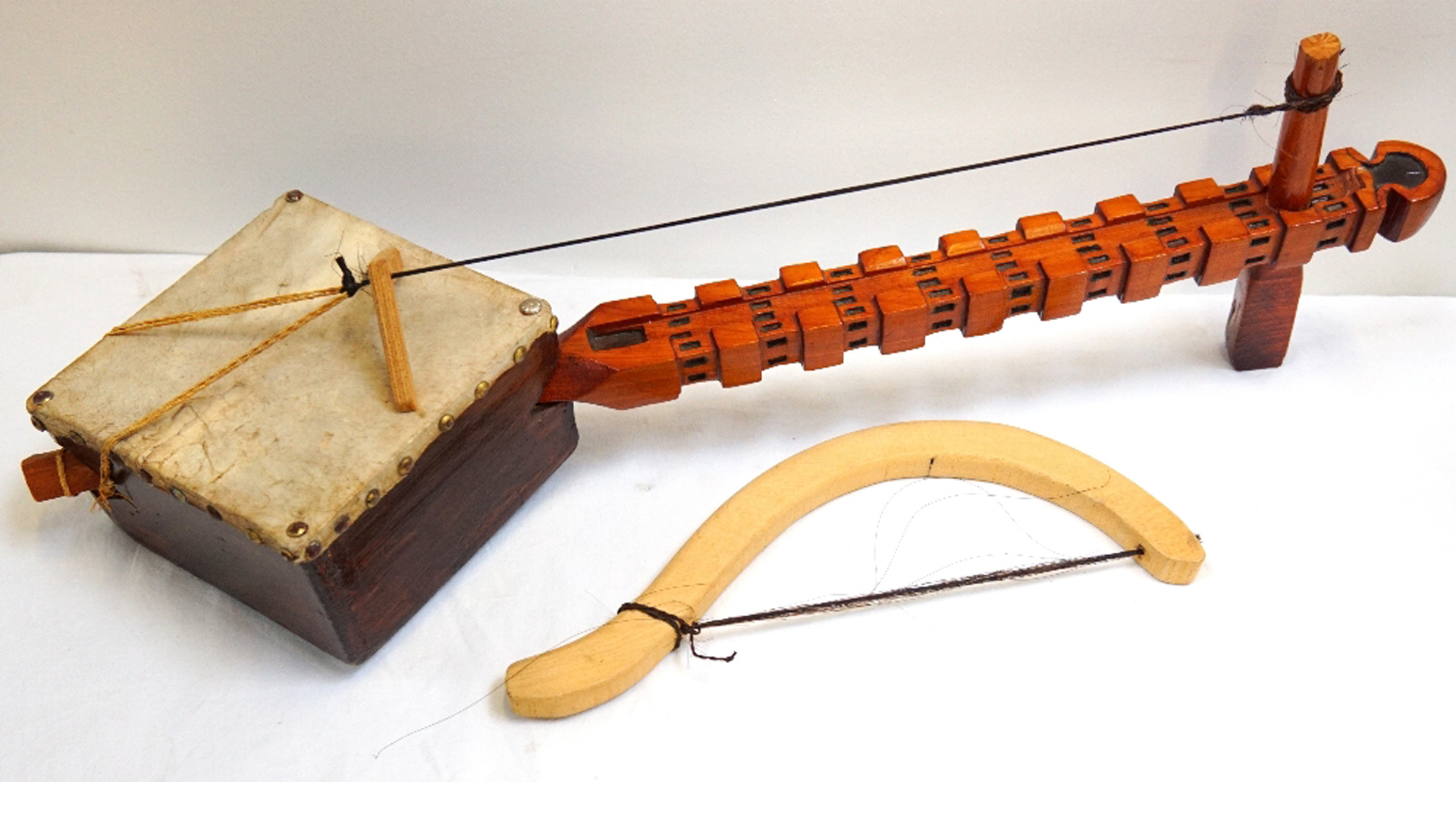
Watta is a string type musical instrument made from a rhombus wooden box covered with animal fur and a wooden pole that extends through the middle of the longer ends of the box to the outside diagonally. At its tip is a small horizontal stick inserted in a bored hole from which a string is tied down to an anchor at the bottom of the box where the other end of the wooden pole protrudes. A small triangular wooden support is placed at the flat body of the skin cover pushing the string a little outward and making it tighter.
A small hole is made below this support on the skin cover for a beautiful sound. A different stick is prepared to make a kind of half-circle curve with both ends connected with a similar string. This string is rubbed (like cutting) with the string stretched on the main one, making a really nice sound. With one hand of the player holding and rubbing (cutting) the string using the other and fingers of the other hand placing along the main string, varieties of sounds and tones are produced that match the cultural beat. The over arrangement has types, and modes of make according to individual needs and is decorated with different finishing. The basic component is the same.
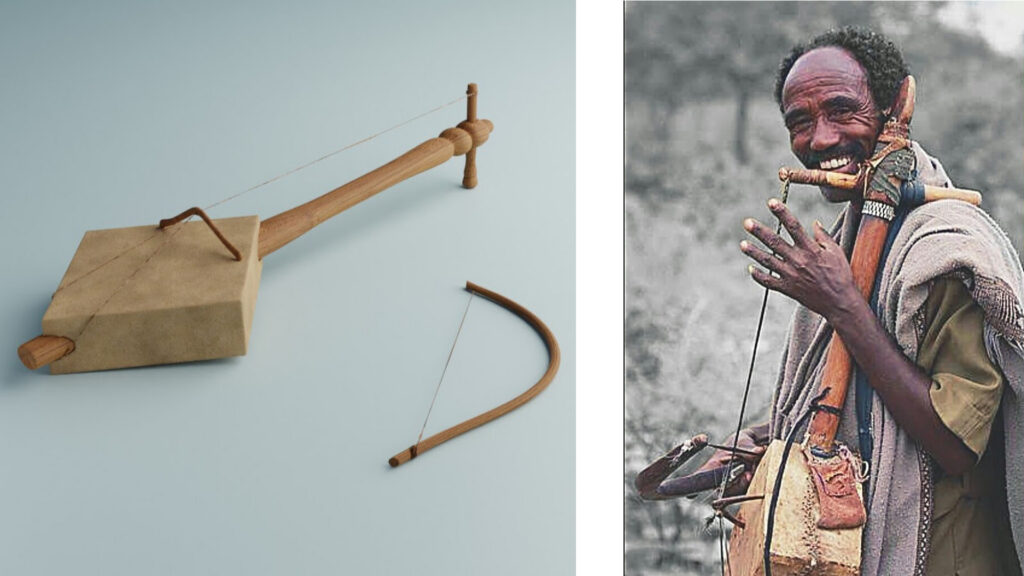
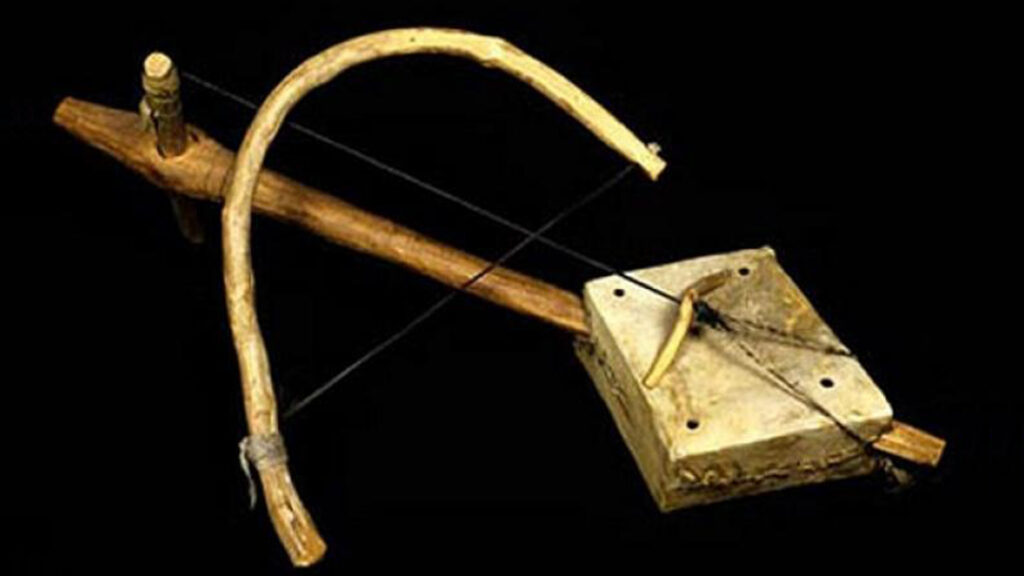
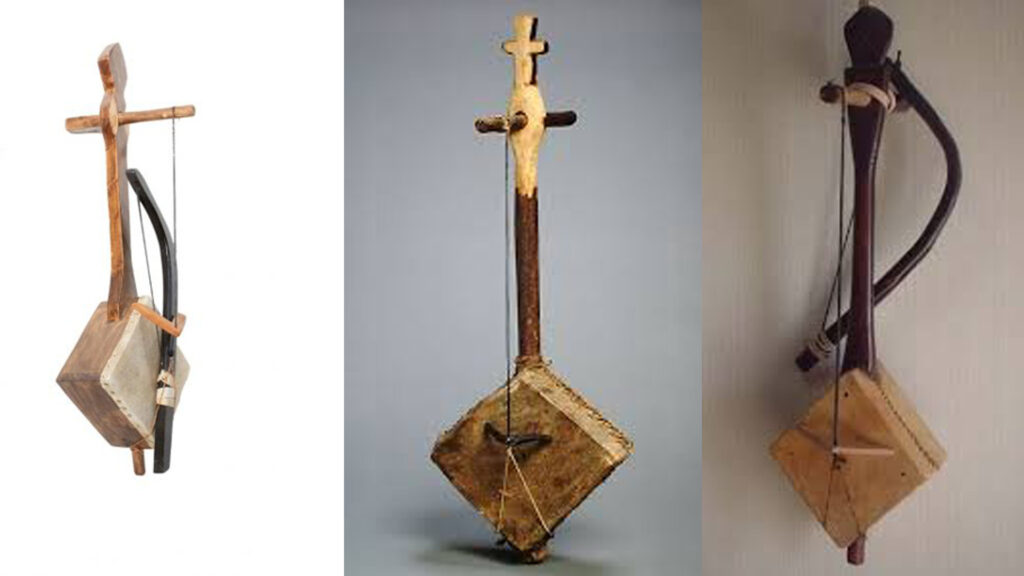
Chirra Watta is the most common musical instrument/genre used in traditional weddings, religious and cultural festivities and ceremonies in most parts of Tigrai along with Kebero, another traditional musical instrument with similar purpose to the drum, but hold differently and beaten with the hands.
The Watta is a standalone band by itself. It can be considered a one-man-band. It is also used to accompany other genres like Awris, Hura Seleste, kuda, Hura Raya and others.
The Watta players are gifted with funny humors and instant creativity of poetic expression to current situations. They have the ability to state vulgarism in ways that make fun. They are close to the public and exploits deeply internal customs, activities and sexual behaviors in ways that teach while entertaining. They have quick understanding of happenings and ability to put that incident in to musical theme and provoke emotions.
As they are close to the public, Chirra Wattas promote societal values the most. They are the best existing singers that purely show how the society dress, express itself, make a living, dance, defend enemy, acquire a sexual partner, live in harmony, interact etc. Most Watta songs are also recorded in domestically important (historic, cultural, religious, etc) areas. These promotes important destinations and attractions.
